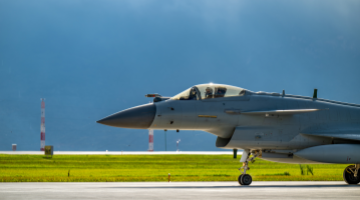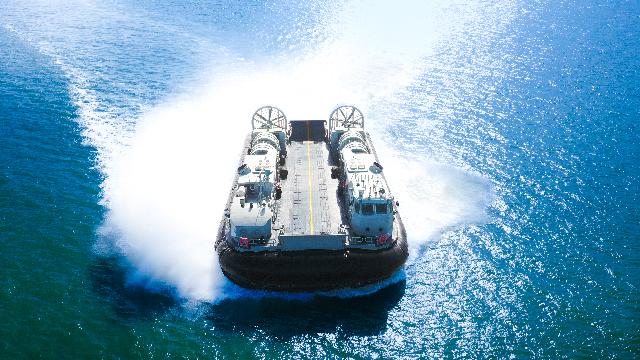By Li Jidong and Zhang Chao
On October 7, the Palestinian Islamic Resistance Movement (Hamas) launched a raid code-named "Operation Al-Aqsa Flood" on Israel, infiltrating the country to carry out armed strikes from land, sea and air. This raid was described by some media as the greatest military challenge Israel has confronted since 1973. In response, Israeli Prime Minister Benjamin Netanyahu announced on the same day that the country was entering a state of war, conscripting reservists and launching a counterattack code-named "Swords of Iron" into Gaza.
This new round of fierce conflict between Palestine and Israel not only increases uncertainties in the regional situation but also poses new challenges to global security. The international community calls on all parties concerned to exercise restraint, cease fire immediately, protect civilians and prevent further deterioration of the situation. However, all indications are that the conflict may escalate further in the near future.
The underlying reason for this raid from Hamas is that the new Israeli government, which came to power at the end of 2022, has persistently pursued an iron-fisted policy of high pressure on the Palestinian issue, which has deprived the Palestinian people of any hope of building an independent state. The Palestinian-Israeli issue has become increasingly marginalized in the international community at present, which forces the relevant Palestinian factions to look for ways to break out of the struggling situation and win the support of Arab countries. Hamas will not withdraw troops easily until these targets are met. From Israel's point of view, it is imperative for the Netanyahu government to be accountable to the domestic population after they have endured the fierce attack, and to establish its tough image in the Middle East by implementing large-scale retaliatory actions.
This conflict reveals that the prospects for peace in the Middle East would become more unpredictable if Palestine and Israel used force more aggressively to suppress violence.
For the new round of the Palestine-Israel conflict, the US still consistently supports Israel and plays the role of stimulator. US President Joe Biden mincingly stated that "the administration's support for Israel's security is rock solid and unwavering". US Secretary of Defense Lloyd Austin proclaimed that they "will work to make sure Israel has everything it needs to defend itself" and the country is negotiating on providing military aid to Israel.
The Secretary-General of the League of Arab States Ahmed Aboul Gheit issued a statement immediately after the clash to condemn Israel's violent policies toward Palestine, commenting that "Israel's continued implementation of violent and extremist policies is a time bomb depriving the region of any serious opportunity for stability in the foreseeable future." The Jordanian side also made a statement stressing the need to strengthen coordination among Arab countries to prevent the deterioration of the situation in Gaza and the surrounding areas, and reaffirming its root for reservation of the legitimate rights of the Palestinian people.
It can be seen that the US and Middle East countries have very different positions on this round of the Palestinian-Israeli conflict. In recent years, the US has been trying to facilitate reconciliation between Israel and Arab countries, and negotiations to normalize relations between Israel and Saudi Arabia are currently at a crucial stage. In the wake of this conflict, Saudi Arabia is sure to look at the attitudes of the entire Arab world towards the Israeli–Palestinian conflict and cautiously evaluate the process of normalizing its relations with Israel.
Since the Palestinian issue has proven to be the key to achieving peace and stability in the Middle East, attempts to achieve reconciliation in the region by avoiding this issue are unrealistic and will only aggravate the regional chaos. At this time, the international community should strive to promote the de-escalation of the new round of conflict between Palestine and Israel as soon as possible and ramp up efforts to resolve the Palestinian issue by working for an early, just and permanent solutions on the basis of relevant UN resolutions and the Arab Peace Initiative.









